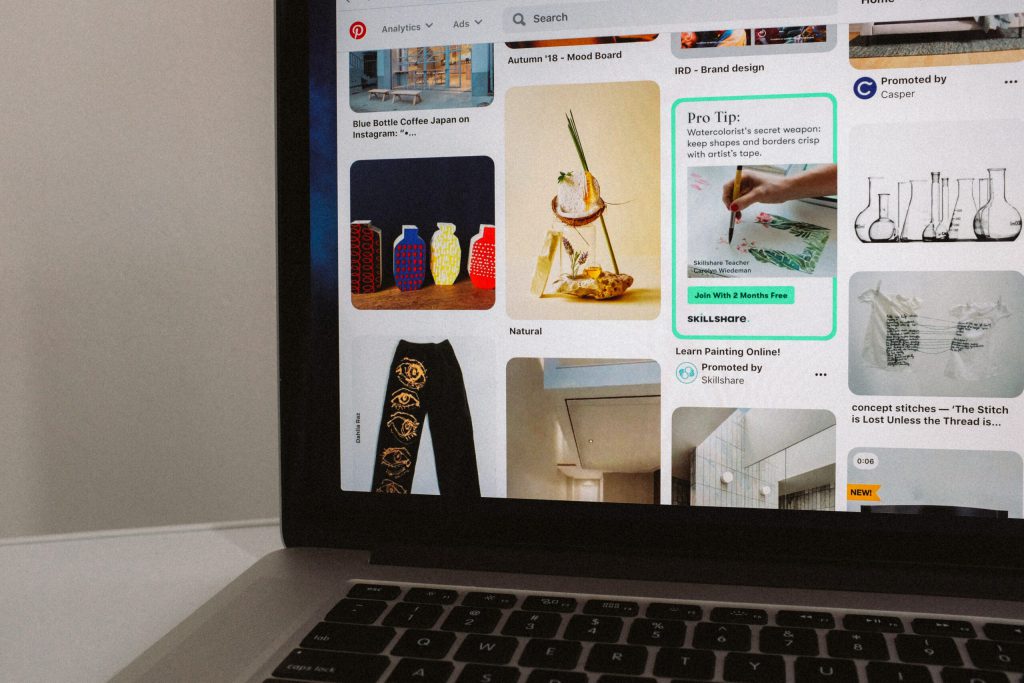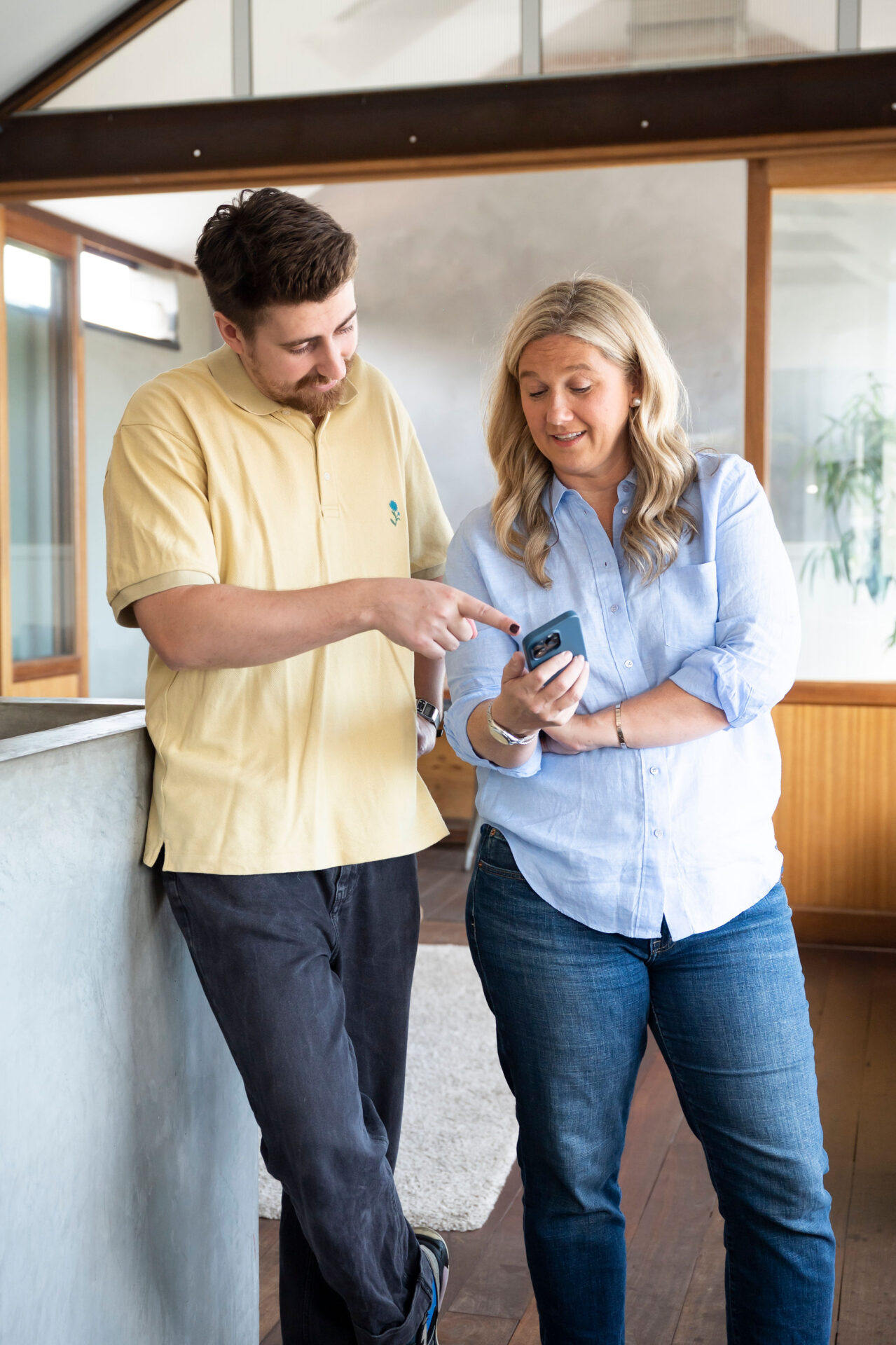Show, don’t tell.
Pinterest for tourism may sound like a strange concept to some, with Facebook and Instagram seeming like the obvious marketing choice. But we’re here to tell you that Pinterest is the sleeping giant that tourism brands shouldn’t ignore.
When it comes to adopting new technologies and platforms, the tourism industry can certainly find itself behind the times now and then.
Established brands have the power, influence and reach to survive without the need to change their marketing approach too much. And that’s why smaller, more boutique tourism brands are constantly looking for new ways to gain a foothold in the market.
Pinterest is that foothold.
So, why are so many tourism brands still sleeping on Pinterest?
Let’s take a look at why you should be implementing Pinterest into your marketing efforts and how the platform can help you reach more people for less.
Pinterest is a great advertising alternative
We’re all familiar with advertising platforms like Facebook and Google. However, just because these platforms are the biggest and best doesn’t mean you should pour your entire marketing budget into them.
Pinterest offers a great advertising alternative for tourism brands, with the potential for more reach, engagement, and conversions.
If you haven’t already, check out Pinterest Ads.
When you advertise with Google and Facebook, you’re a small fish in a massive pond. Pinterest, however, offers significantly less competition.
Not convinced? Here are a few stats that might change our mind:
- 89% of US pinners use Pinterest for inspiration on their path to purchase
- 52% of US millennials use Pinterest
- 83% of US Pinners have made a purchase based on Pins from brands
Yes, these stats are specific to the US, but when was the last time you saw an online platform succeed in the US and not take off worldwide?
Pinterest is a search engine
If you’ve always viewed Pinterest as a social media platform, you’re both right and wrong.
While Pinterest does offer some functionality that is synonymous with social media, it’s more of a search engine than a social media platform.
Let’s forget the tourism side of things for a while here. What does Pinterest not being a traditional social media platform mean for you as a business? Well, it does wonders for your bottom line. It means you’ll be investing less time in the platform and spend less time on social interaction and community management.
Pinterest is a perfect visual storytelling medium
There’s a saying in storytelling: show, don’t tell.
Pinterest is a platform that allows you to be a great visual storyteller. Think about the last time you went on a holiday. (We know it’s probably been a while). When you were doing research, did you prefer to read about a destination or see a destination?
Of course, reviews are fantastic resources. Word of mouth is crucial. However, nothing builds excitement about a holiday destination quite like getting a feel for it. That’s what Pinterest offers potential travellers. Without physically visiting a destination and taking in all the sights, sounds, and tastes, Pinterest is as tactile an experience as you can offer.
Pinterest drives traffic to your website
Because Pinterest is such a beautiful and easy-to-use platform, it encourages users to click and dive deeper into posts.
Yes, Pinterest is a fantastic platform for building brand awareness, but it’s even better for lead generation.
If you’re looking to generate leads from Pinterest, there are a few golden rules you should follow:
- Make your content educational, valuable, and engaging.
- Use your content to promote things other than your website – podcasts, blogs, social media, etc.
- Make your images and videos clickable.
- Where possible, write a blog post to support your Pinterest posts.
- Use website traffic generated from Pinterest to grow your email list.
Because Pinterest runs more like a search engine than a traditional social media platform, you have the benefit of advertising to users who are actively seeking what you have to offer.
Where else do you get that opportunity?
If you haven’t already, the best way to get started with Pinterest is to become a user. Don’t spend any money yet. Simply spend some time becoming familiar with the platform. Get a feel for how it works and how people use it.


